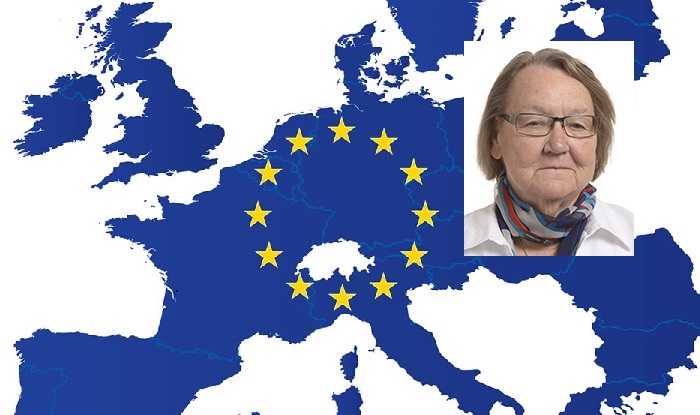A new approach to preventing and treating animal diseases has been informally agreed by MEPs, the EU Council of Ministers and the European Commission (EC), effectively merging and updating “many scattered items of old legislation” to help prevent and halt new outbreaks and keep pace with scientific progress.
The new structure was welcomed as an “important toolbox for the future” by Swedish MEP, Marit Paulsen (pictured above), who steered the legislation through the European Parliament.
“This will establish the first ever link between animal welfare and public health in EU law, and will be an important tool for fighting antimicrobial resistance in humans, animals and the environment,” she said.
Although still to be officially ratified by the EC, the new rules will require all farmers, other animal owners and traders to “apply the principles of good animal husbandry and a prudent, responsible use of veterinary medicines”.
In relation to tackling emerging diseases, the new law will empower the EC to take urgent measures immediately. There are also provisions to:
- involve parliament and the council in establishing and updating a list of potentially dangerous diseases, such as African swine fever, avian influenza or foot and mouth disease, in consultation with European Food Safety Authority (EFSA) experts, and,
- involve stakeholders, such as farmers’ organisations, veterinary associations, and animal welfare movements, in drafting and updating contingency plans.
The informal agreement now needs to be approved by parliament’s agriculture committee, possibly on 17 June, and then scrutinised by the Council. Once the Council delivers its position on the result of negotiations, the draft law will need to be approved by parliament at a second reading.




